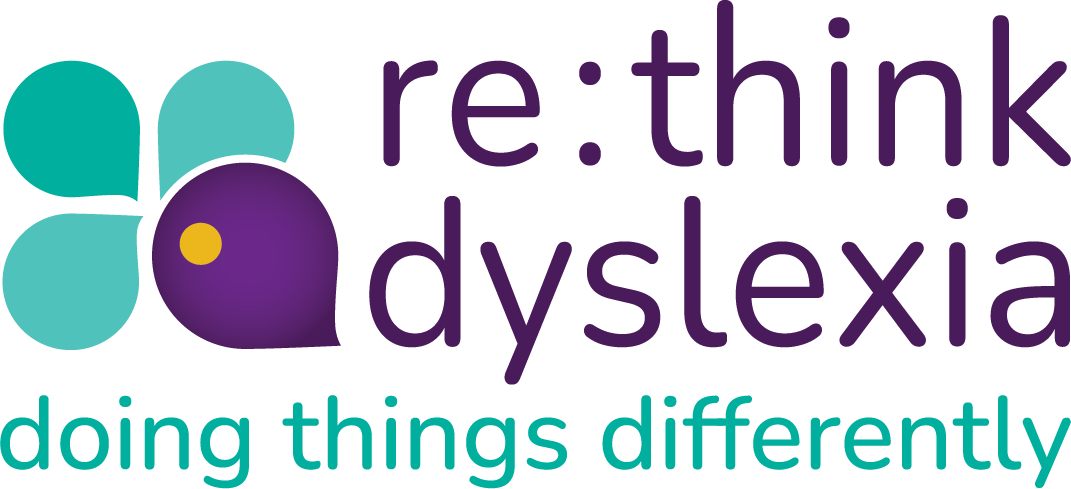ADHD and Autism in Women:
A Personal Journey of Understanding
By Laura Furest
I knew from a very young age that I experienced life differently from those around me, and this only became more apparent as I got older. I experienced many classic signs of childhood ADHD and Autism, like intense hyperfocus on my favourite topics (gemstones, rocks and minerals is the longest-standing interest), difficulty with friends, hyper-sensory seeking behaviours.
Throughout high school, I suffered from multiple mental health conditions and after experiencing significant trauma at 15, I developed C-PTSD and was subsequently (mis)diagnosed with bipolar disorder, borderline personality disorder, schizophrenia and many other mental health conditions.
Looking back, I can see that undiagnosed ADHD and Autism were the catalysts for my early mental health conditions, and it had a significant impact on the treatments I received and how I coped as a teenager/ young adult.
After high school, I struggled to maintain consistency in every aspect of my life. I moved multiple times, started different Tafe courses, jumped from job to job and constantly tried to make new friends because my relationships were deteriorating for reasons I couldn’t understand.
After a gruelling 12-month course of EMDR therapy, I heard the anticlimactic phrase “You no longer meet the diagnostic criteria for PTSD” and was convinced I was a new person. However, after a few months, I realised I was still experiencing symptoms that had been labelled as trauma symptoms. I began seeing more online about ADHD in women and it felt very relatable. After months of intense deep dives, and long waitlists, I was diagnosed in 2022 with Combined ADHD and given a script for Dexamphetamine.
The medication had the life-changing impact that I expected from therapy. For the first time in my life, my brain was quiet, I was able to complete tasks without hours of internal arguments, and I noticed improvements in my work and relationships. I described it as feeling like my whole life I had been neck deep in a river, trying to swim upstream, while everyone else was walking along the bank, telling me to stop being lazy and just walk faster. The medication made the water drop to knee depth, and while it was still hard, I could cover a lot more distance.
But again, after a few months, there was still some things that didn’t easily fit into either the trauma or the ADHD parts of my life. I started to suspect that there was something else I’d missed. After more late-night research, waiting lists and appointments, I was diagnosed with Level 1 Autism.
This diagnosis felt like everything just fell into place. So many questions had been answered and things just made sense. I did have to spend some time educating and explaining to the people in my life what this meant. There was a lot of work that went into explaining what Autism was, and how it impacted me, and using my experience to explain that it wasn’t their perception of me that needed to change, but their understanding of Autism. I’ve had multiple people tell me “You don’t look autistic” or “You’re too smart to be autistic” and my favourite “You can’t be autistic, you’re married!”.
I found comments like these particularly prevalent in my work in the disability industry. Many employees had the mindset of “if you have a disability, you need support, and only people without a disability could provide that support”. I feel very privileged to be able to educate people on this and thankfully most are open to learning and understanding.
support”. I feel very privileged to be able to educate people on this and thankfully most are open to learning and understanding.
Now, almost 2 years on from my diagnosis, I am in the best space I’ve ever been in. I have an incredible husband and great relationships with my family and friends, I’m working in a job I love, and I pride myself on being an advocate for people with disabilities. While there are certain aspects of my life I still struggle with, I am able to give myself some grace and kindness. I have strategies in place to help in multiple areas of my life and an incredible support network that advocates for me when I cannot.
While this is only a very short snippet of my story, I know there are many people who have similar experiences. I hope sharing my story resonates with others.
If you are going through the diagnostic process, or have recently been diagnosed, please know you are not alone, and whatever you might be feeling, I can guarantee you’re not the first.


